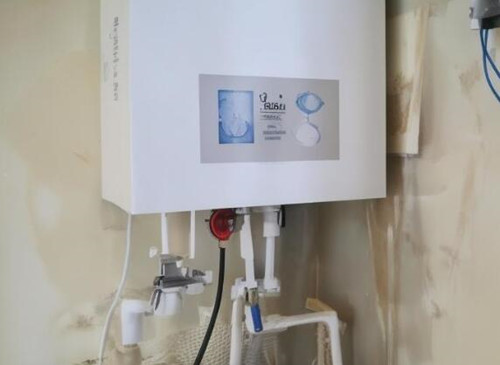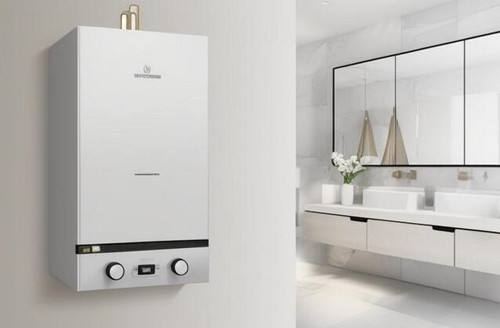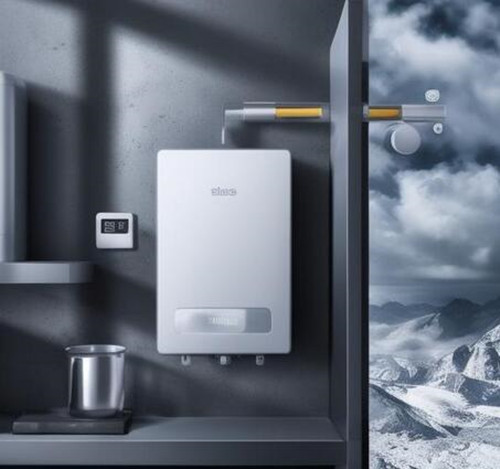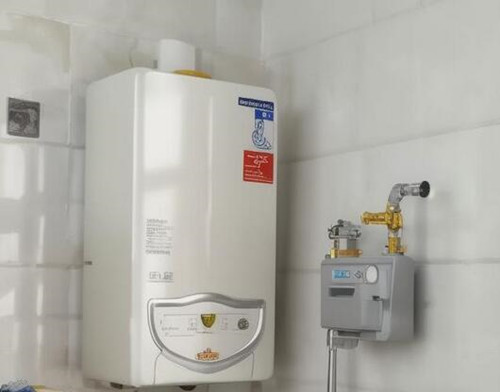As a heating device, the wall-mounted boiler has become an essential part of many households. In the wall-mounted boiler market, condensing boilers and conventional boilers are two common choices. So, what are the differences between condensing boilers and conventional boilers?
1. Differences in Energy Utilization Efficiency
The most significant difference between condensing boilers and conventional boilers lies in their energy utilization efficiency. Condensing boilers use flue gas condensation to release heat, resulting in higher thermal efficiency. In contrast, conventional boilers release heat through traditional combustion methods, leading to relatively higher energy consumption.
Condensing boilers have a clear advantage in energy utilization. They can condense water vapor in the flue gas into liquid water, releasing more heat. Therefore, the thermal efficiency of condensing boilers generally can reach over 90%, while that of conventional boilers is usually around 80%. Over long-term use, condensing boilers can save a considerable amount of energy consumption and reduce heating costs.

2. Comparison of Operating Costs
Due to their higher thermal efficiency, the operating costs of condensing boilers are generally lower. Under the same usage conditions, the annual energy consumption of condensing boilers will be less than that of conventional boilers, resulting in significant savings for households that use boilers over the long term.

In addition to energy consumption, condensing boilers have another advantage: lower maintenance costs. The flue gas recovery devices in condensing boilers reduce the acidic gases generated during combustion, extending the boilers' lifespan and minimizing maintenance and repair expenses.
3. Environmental Performance Comparison
In terms of environmental performance, condensing boilers are superior to conventional boilers. This is because condensing boilers can utilize flue gas thermal energy more effectively, reducing carbon dioxide emissions. Additionally, condensing boilers emit fewer pollutants, resulting in a smaller environmental impact.
Conversely, conventional boilers, due to their inability to effectively utilize flue gas thermal energy, lead to energy waste and higher pollutant emissions. In an era of increasing environmental awareness, the advantages of condensing boilers in terms of environmental performance will be a significant consideration.

4. Safety Performance Comparison
Safety is a critical factor in the use of wall-mounted boilers. There are some differences in safety between condensing and conventional boilers. Condensing boilers have a more complex condensation technology and more safety protection devices, ensuring better protection for households. Conventional boilers, lacking condensing technology, have relatively fewer safety protection devices and may not be as reliable as condensing boilers.

In summary, the differences between condensing boilers and conventional boilers have been introduced here. Condensing boilers and conventional boilers differ in energy utilization, operating costs, environmental performance, and safety. Condensing boilers exhibit more noticeable advantages in energy utilization and environmental performance, as well as lower operating costs and higher safety performance. Therefore, in practical use, condensing boilers are more suitable for most households. When choosing a wall-mounted boiler, users can base their decision on their needs and actual circumstances to achieve a better heating experience.



